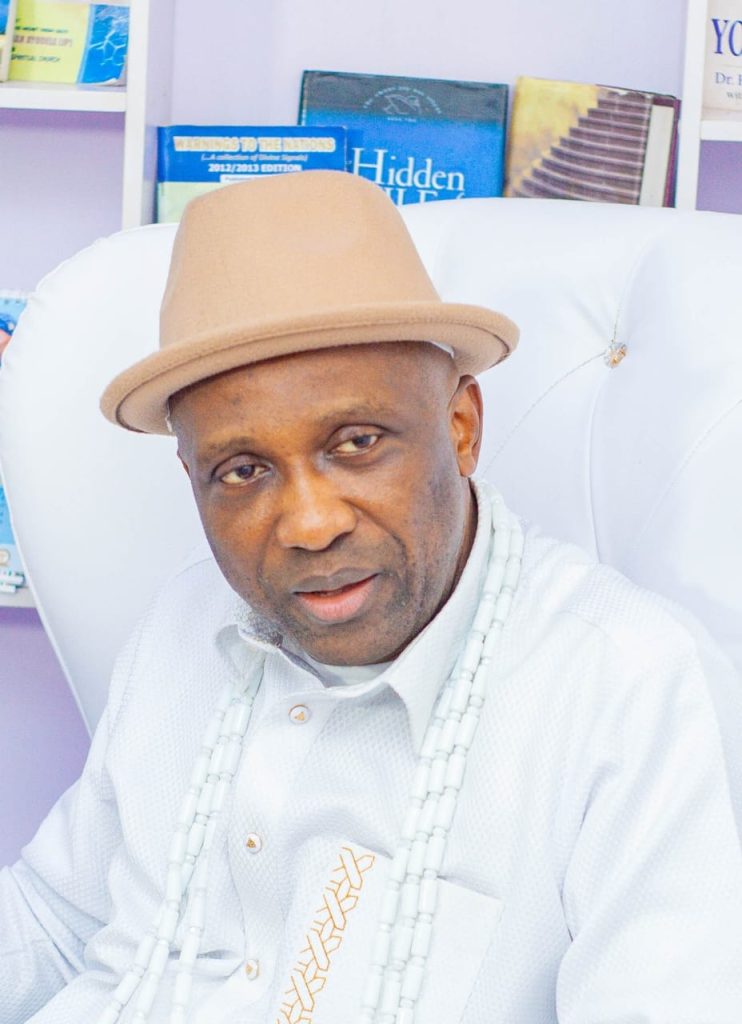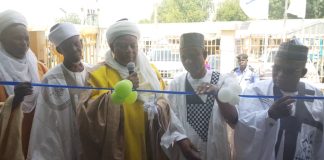The fact that Nigeria’s economy is described as “resilient” by the Economist Intelligence Unit (EIU) is a testament to the achievements of the President Muhammadu Buhari administration over the past seven years.
The famous magazine’s team of analysts are currently revising their country’s economic estimate upward from 2.9% to 3.1%, according to a statement from the Buhari Media Organisation (BMO) signed by its Chairman Niyi Akinsiju and Secretary Cassidy Madueke.
Our attention has been directed to the EIU’s assessment of the Nigerian economy, which is under President Buhari’s watch on the international stage but is mostly being overlooked locally despite rising inflation.
“To quote the research and analysis division of The Economist; ‘The Nigerian economy has been more resilient to multiple headwinds, both external and domestic, than anticipated, growing by 3.4 per cent in Q2 of 2022 and powered by services. Our full-year growth rate forecast has inched up from 2.9 per cent to 3.1 per cent.
“We see the position as a reflection of the policies and initiatives that have in the last few years been put in place by the Buhari administration to stabilize an economy that was always susceptible to the slightest of external factors.
For the avoidance of doubt, the Buhari administration took office during a global oil slump that started in mid-2014 and had already started to affect financial accruals to all levels of government. As a result, it introduced the Economic Recovery and Growth Plan (ERGP) with the goal of reviving growth and creating a more competitive economy in the wake of the 2016 recession, according to BMO.
Read Also: Soludo reacts to killing of soldiers in Anambra, assures arrest of perpetrators
The Economic Sustainability Plan (ESP), overseen by Vice President Yemi Osinbajo as part of the nation’s Covid-19 recovery strategy, was introduced just as the ERGP was coming to an end in 2020 as a result of a global pandemic. When the N2.3 trillion plan was unveiled, the Buhari administration announced that it was in order to ‘stimulate and diversify the economy, retain and create jobs, and extend more protections to the poor.
This is in addition to the Central Bank of Nigeria’s (CBN) projected N1.3 trillion 37 interventions, which were directed at various economic sectors ranging from agriculture to manufacturing. It should be noted that even small and medium-sized enterprises participated. It should also come as no surprise that Nigeria surprised the rest of the globe by emerging from the Covid-induced global recession earlier than many other developed economies.
We make the bold claim that the Buhari administration is not leaving things to chance and will continue to develop a resilient economy, even though the country is not entirely secure from inflationary trends as a result of the Russia-Ukraine war, which EIU admits is driving up inflation worldwide.
The group said that Buhari remains committed to leaving the country better than he met it on assuming office in 2015.















